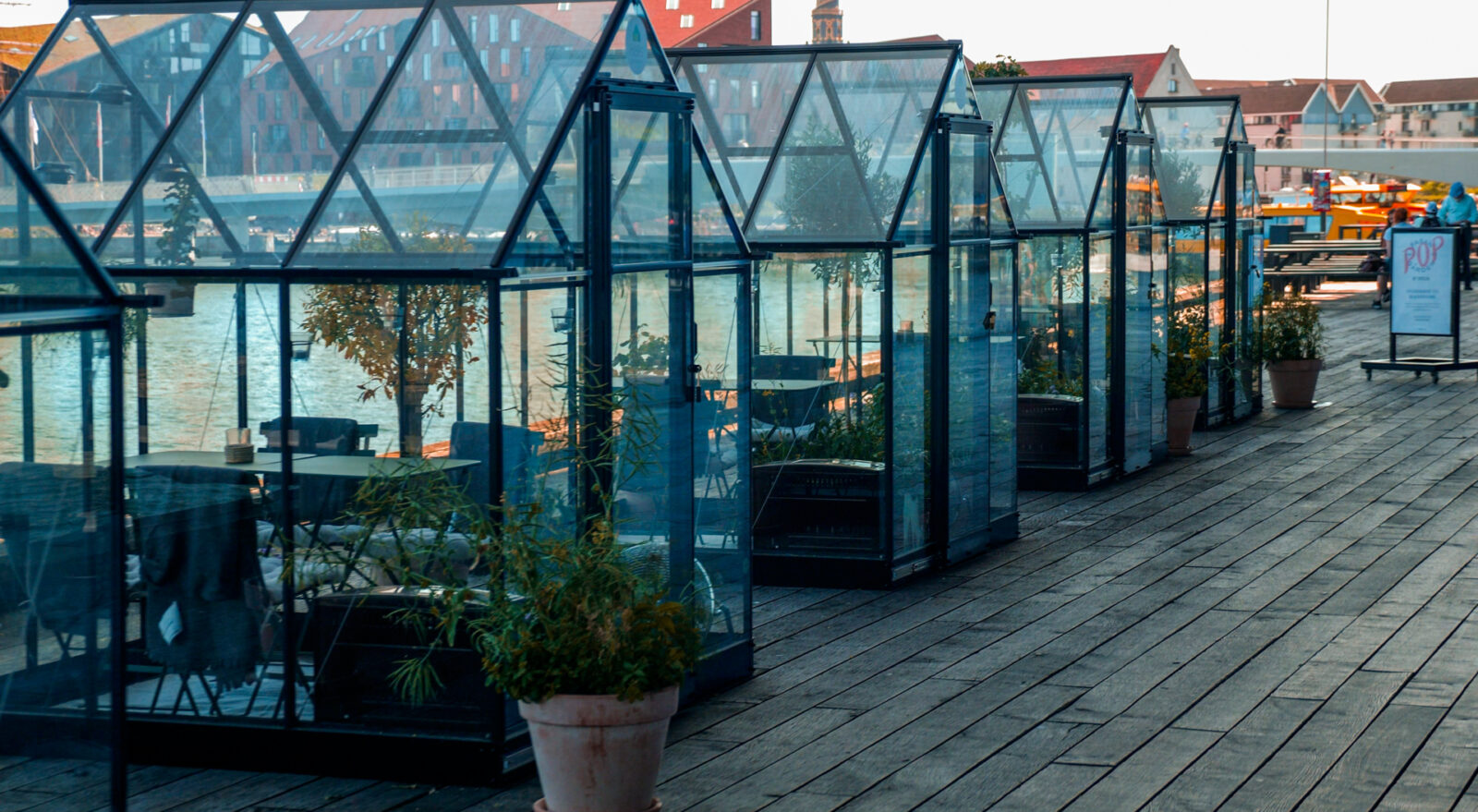In its 4th edition of the Safe Cities Index (SCI), the EIU ranked 60 cities worldwide across five continents, measuring urban safety according to five pillars: personal, health, infrastructure, digital, and environmental security.
The latter indicator is brand-new and reflects the growing importance of sustainability issues and climate adaptation measures amid the COVID- 19 pandemic. Copenhagen performed noticeably better than any of the top- three cities from previous years, topping the overall charts with a score of 82.4 points out of 100. “Urban safety is an important key to unlocking meeting again face-to-face post-pandemic, and so receiving an unbiased stamp of approval can be a huge benefit,” explains Kit Lykketoft, Director of Conventions at Wonderful Copenhagen CVB. “It may help raise credibility and strengthen the confidence of not only the organizers, exhibitors, and sponsors, but also the delegates, in choosing Copenhagen.”
SAFETY FIRST
WindEurope, whose Electric City conference will take place 23 – 25 November in Copenhagen, has helped build the credibility and trust Lykketoft is referring to. “I think that special health and safety processes could be big differentiators between destinations, and those that are making extra effort should score extra points for it and proudly add it to their KPIs,” echoes Malgosia Bartosik, Deputy CEO of WindEurope. “We’re very happy to go back with our event to Copenhagen this November. Especially in the current context, hosting an event in a place rated the safest city in the world does help us to convince our delegates and exhibitors to join us. Copenhagen has more than 85% of its adult population vaccinated, all restrictions are lifted, and every time we go there, we feel we’re in safe hands.”
Bartosik adds that the collaboration between different local entities has also been a selling factor for the city, and its values in relation to health, safety, and environment have always aligned with WindEurope’s. “We care that our events are safe, fun, comfortable, but also sustainable and secure for all the data that is exchanged – and we are achieving exactly that each time we are back in wonderful Copenhagen,” Bartosik says.
The conference will take place at Bella Center Copenhagen, where attendees can rest assured that safety standards – including data and environmental standards – will be at the forefront of the planning process. “Taking the past 18 months of pandemic into consideration, the focus on safety issues amongst planners has, of course, increased even further,” says Rikke Lolk Fjeldsted, Director of Sales at BC Hospitality Group, which owns Bella Center Copenhagen. “Yet, communicating safety measures has always been a natural part of our customer dialogue, and to support it, we share all our health and safety measures proactively on [our site].”
THE WORLD’S SAFEST CITY
Bartosik points out that the health and safety environment is important in the decision-making process, but what she and Lolk Fjeldsted also mention – and what’s aligned with Copenhagen’s ranking in the EIU’s Safe Cities Index (SCI) – is the importance of sustainable action and cybersecurity. Indeed, both delegates and planners alike need to feel they can gather in a place that knows how to manage events sustainably – and where cybersecurity is part of a smart city plan.
In those two areas, Copenhagen excels. Part of the reason why? Copenhagen aims to be the world’s first carbon- neutral capital city by 2025. The city is putting extensive effort into reducing energy consumption, investing in green energy, and encouraging green mobility in order to develop in a sustainable way. “We have a responsibility both to mitigate the effects of climate change and to reduce carbon emissions while also adapting our city to future climate changes,” explains Copenhagen’s Lord Mayor, Lars Weiss. “Copenhagen is taking climate adaptation measures that both improve environmental security and contribute to liveability in the capital.”
This liveability aspect correlates with, among others, strong digitalisation and a highly tech-savvy population. In this regard, the Danish government has made a commitment to go “digital by default” a while ago, with almost all interaction with the Danish authorities taking place online. So, there’s definitely no need to worry about integrating hybrid and virtual components into your event here.
“Health and safety of our events’ participants have always been our top priority, as I’m sure it is for all organizers,” Bartosik says. “It’s made us realize how important the destinations’ approach to safety issues is. In Copenhagen, we are definitely in very safe, knowledgeable hands.” In the city, indeed, the priority residents and officials assign to urban security – whether personal, health, infrastructure, digital and now environmental – has risen markedly to take a new dimension, perhaps giving it a competitive edge like never before.
“We will continue working with Copenhagen’s holistic understanding of urban safety and to look across every pillar of security as a whole. Our approach has become even more topical in recent times,” concludes Kit Lykketoft.
 © Daniel Rasmussen
© Daniel Rasmussen